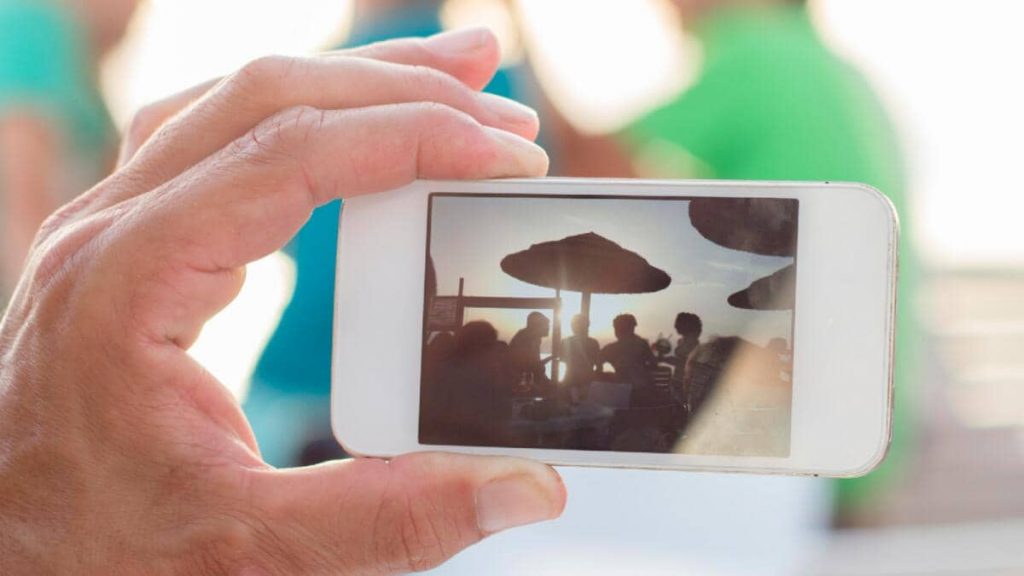[ad_1]
Without someone’s consent, taking pictures of them and distributing them on social media or in other ways is considered an invasion of privacy and is illegal in the UAE. But did you realize that images of people’s homes are also covered by the law? If you want to take images of someone else’s property that is clearly theirs, you should be sure to get their permission first.
What the UAE’s laws say about violation of privacy online
The Federal Cybercrimes Law, also known as Federal Decree-Law No. 34 of 2021, largely addresses breaches of online privacy. Additionally, Federal Decree-Law No. 31 of 2021 (Federal Penal Law) and Federal Decree-Law No. 38 of 2021 both address the subject (Federal Copyright Law).
From the standpoint of a violation of personal privacy, clauses 1 to 3 of this agreement may be significant. They also mentioned articles from the federal penal code and the federal copyright legislation, which may also be relevant.
According to Article 431 of the Federal Penal Law, anybody who violates another person’s right to privacy or the rights of their family is subject to punishment, including imprisonment and a fine:
- Listening in on private talks via the phone or with any other device, recording them, or transferring them.
- Capturing or sending private photos of any person using a device of any kind.
The Federal Penal Code also mentions an exemption to the above norm and a possible defense to the crime, namely, their assent must be presumed if the acts mentioned in the preceding two situations occurred during a meeting or in full view of the participants in the said meeting.
Similarly to this, Article 45 of the Federal Copyright Law specifies that it is prohibited to take a photo or record audio or video of another person without that person’s consent in order to keep, publish, or distribute those materials.
Again, there are exclusions from the above infringement. The exception mostly applies to public events where agreement is implied by participation or is made clear at the outset.
When recording an audio or video, it is important that the subject obtain the subject’s consent. Any recording produced without this consent is considered to violate the privacy of the subject. It doesn’t matter if the events described are factual or accurate because the further release of such a recording is still considered wrong and illegal. The crucial question is whether the person being filmed suffers physical harm or reputational damage as a result of the disclosure in question.
What should people keep in mind when taking pictures of people’s property?
Although the UAE’s laws do not directly address photographing people’s private property, they do provide equivalent rights.
With the direct or indirect connection of such information and data, information or data of the natural persons relevant to their private life, or that identify them or the person’s identity, can be recognized.
According to Article 6 of the law, anyone who gets or publishes personal data can be punished with a fine of up to $100,000 or a term of imprisonment of at least six months.
Similarly to this, if a photograph of a property can result in a potential breach of the privacy of a person or family, one could rely on Article 44 of the Federal Cyber Law. A court may impose the aforementioned fine and imprisonment.
The crucial factor is whether the photograph may be associated with a specific person, i.e., whether the name of the property owner appears in the photograph or the precise location of the property is disclosed, which may possibly compromise the owner’s information.
Practically speaking, it is important to remember not to photograph clearly recognizable private property belonging to others. Avoid snapping photos of things that could be used to identify the property owners, such as the Makani number (outside the home), a car’s license plate, the name of the house if it has been published, and the address board along the house. These are only a few instances; they are by no means all-inclusive.
People are encouraged to be aware of the regulations that are relevant when it comes to photographing someone’s home or car, for instance.
The privacy of individuals is guaranteed by law, and this protection extends to any moveable or immovable property owned by the individual. It is prohibited to physically harm it, violates its morals, or use it for any other purpose without the proprietors’ consent.
[ad_2]
Source link

